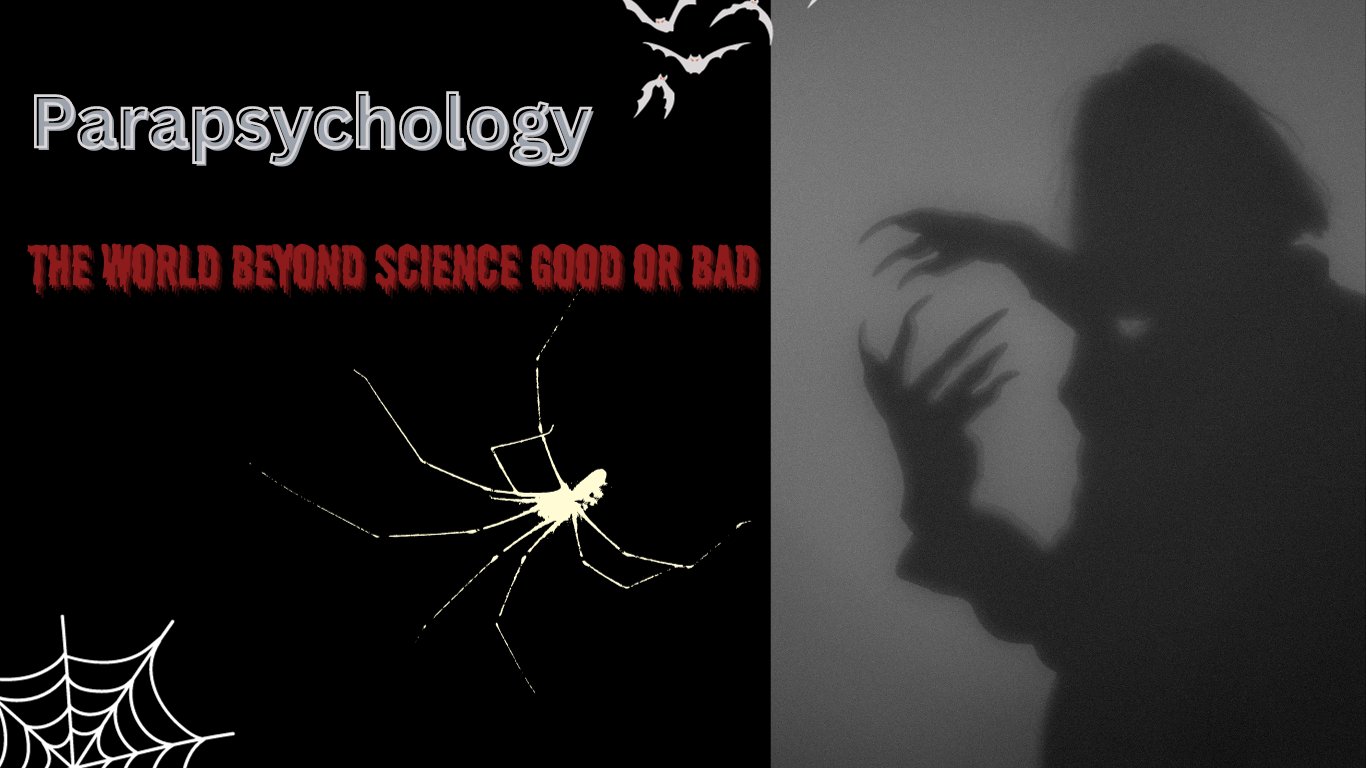Introduction to parapsychology
Parapsychology, a term coined from the Greek words ‘para’ meaning beyond and ‘psychē’ meaning soul, goes beyond the conventional boundaries of science and explores phenomena such as telepathy, clairvoyance, precognition, and psychokinesis. These phenomena challenge the very fabric of our understanding, inviting us to question the limits of human perception and cognition.
The Historical Tapestry of Parapsychology
Parapsychological phenomena have been documented in various cultures and civilizations. From the ancient oracles of Delphi in Greece to the mystical practices of shamans in indigenous tribes, the exploration of the paranormal has been an integral part of human history. In the modern era, pioneers like Joseph B. Rhine and J.B. Rhine have conducted extensive research, laying the foundations for the scientific study of parapsychology.
Parapsychologists have conducted a wide range of studies on ESP and PK, but the results have been mixed. Some studies have shown statistically significant evidence for paranormal phenomena, while others have not. One of the most famous parapsychologists was J.B. Rhine, who conducted a series of experiments on telepathy at Duke University in the 1930s. Rhine’s experiments were well-designed and controlled, and they produced results that were statistically significant. However, some critics have argued that Rhine’s experiments were flawed and that the results could be explained by other factors, such as chance or fraud.
Despite the controversy, parapsychology remains an active field of research. There are a number of parapsychology research laboratories around the world, and parapsychologists continue to publish research papers in peer-reviewed journals.

Here are some examples of parapsychological phenomena:
- Telepathy: A person is able to read another person’s thoughts or feelings.
- Clairvoyance: A person is able to see events happening at a distance or in the future.
- Precognition: A person is able to predict future events.
- Psychokinesis: A person is able to move objects with their mind.
- apparitional experience: People report seeing or hearing the presence of deceased loved ones or other spirits.
Telepathy: Mind-to-Mind Communication
One of the most intriguing aspects of parapsychology is telepathy, the ability to transmit thoughts, feelings, or information from one mind to another without the use of any known human sensory channels. Scientists and researchers have conducted numerous experiments to understand the mechanisms behind telepathic communication, leading to the discovery of compelling evidence supporting its existence.
Clairvoyance: Peering Beyond the Veil
Clairvoyance, the ability to perceive events or information beyond normal human sensory perception, has fascinated scholars and mystics alike. Those with clairvoyant abilities claim to see distant or hidden objects, events, or information, transcending the limitations of space and time. While sceptics question its validity, the experiences of individuals with genuine clairvoyant gifts cannot be easily dismissed.
Precognition: glimpses of the Future
Precognition, the ability to foresee events or incidents before they occur, challenges the linear concept of time. Through dreams, visions, or intuitive flashes, individuals claim to receive glimpses of the future. While scientific validation of precognition remains a contentious topic, anecdotal evidence and personal accounts continue to pique the curiosity of researchers and enthusiasts alike.
Psychokinesis: The Power of Mind Over Matter
Psychokinesis, often abbreviated as PK, involves the influence of the mind over the physical world without any known physical interaction. This phenomenon includes telekinesis, the ability to move or manipulate objects at a distance, and other forms of mind-matter interaction. While mainstream science often regards psychokinesis with scepticism, numerous experiments and studies have reported intriguing results, blurring the lines between the possible and the impossible.
Apparitional experience
apparitional experience is a vision or auditory hallucination that is experienced as if it were real. Apparitional experiences can be very vivid and realistic and can be seen or heard by one person or by multiple people. There are many different interpretations of apparitional experiences. Some people believe that they are evidence of the existence of ghosts or other spirits. Others believe that they are psychological phenomena, such as hallucinations or delusions. Still, others believe that they are a combination of both psychological and paranormal factors.
Conclusion

parapsychology stands as a testament to the mysteries of the human mind and the uncharted territories of consciousness. While sceptics and believers engage in perpetual debate, the allure of the paranormal continues to captivate the human imagination. As we delve deeper into the realms of parapsychology, we are compelled to question not only the nature of reality but also the very essence of what it means to be human.
Also
It is important to note that there is no scientific consensus on the existence of parapsychological phenomena. The majority of mainstream scientists reject parapsychology as a pseudoscience. However, there is a growing body of scientific evidence that suggests that parapsychological phenomena may be real.





One Comment